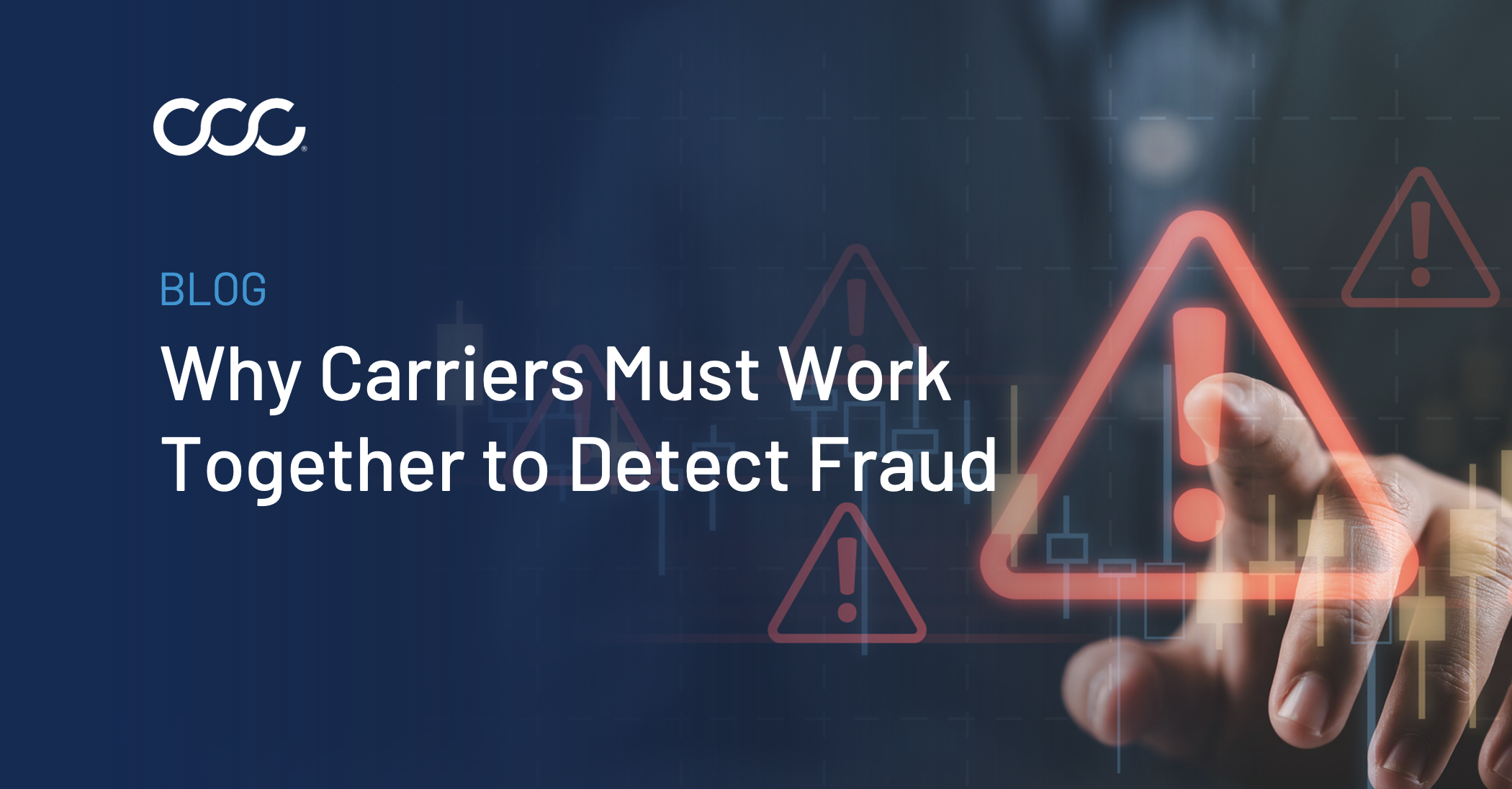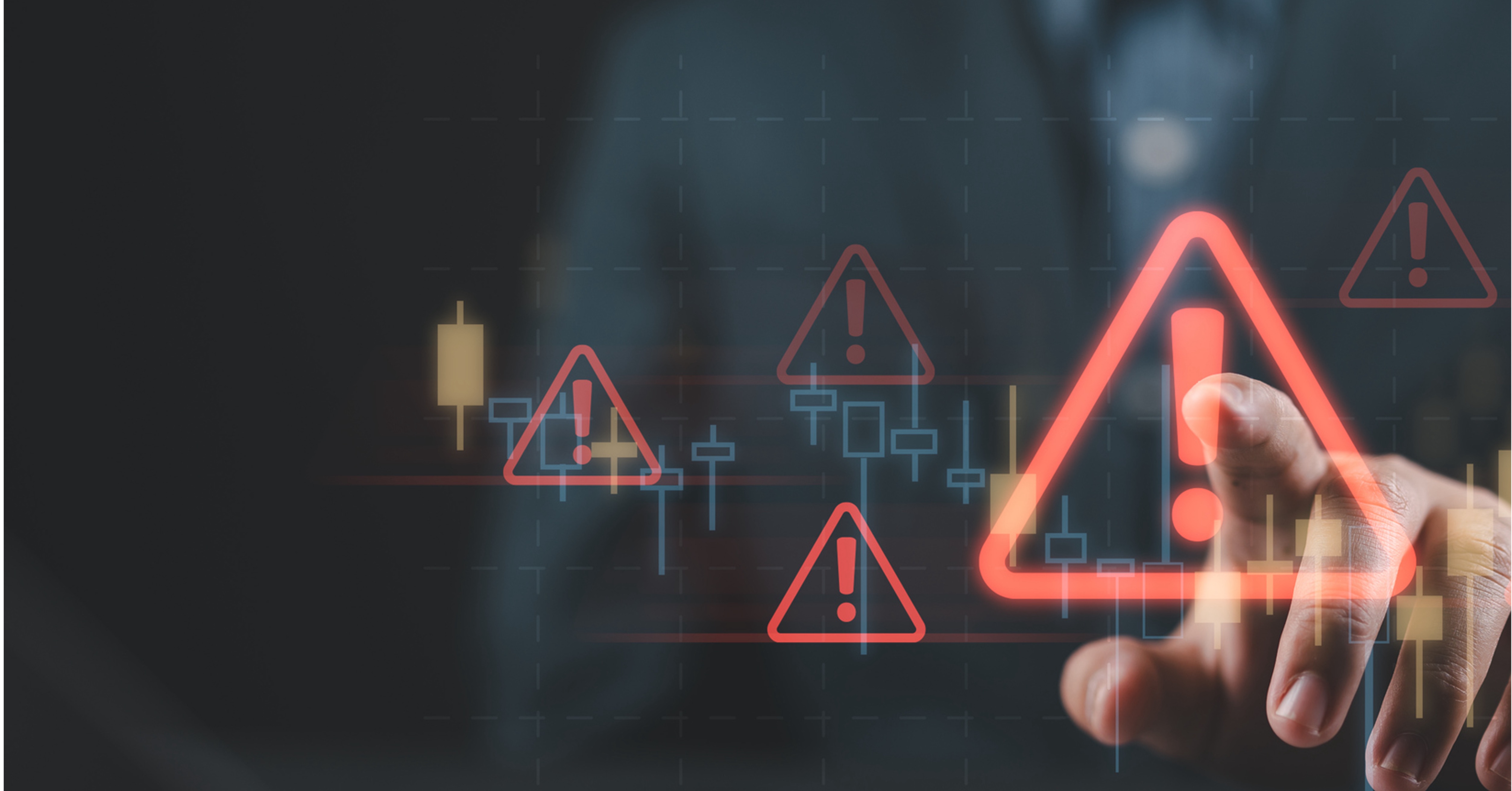
June to November is one of the busiest times of year for insurance estimators. Last year, nearly 500,000 claims were filed for Hurricane Ian during the months of September and October alone.
Valuing commercial recreational vehicles (CRVs) on an average day is hard enough given their added complexity, let alone in the days after a hurricane. That’s because unlike a typical sedan or SUV, CRVs are more of a niche market, meaning less data is available, translating to more work for estimators.
Preparing Your Specialty Vehicle Valuation Teams for Hurricane Season
While cars account for the largest percentage of hurricane-related vehicle claims, CRVs like campers, boats, RVs, and vans make up a substantial portion of the overall volume. The Boat Owners Association of the US, for example, estimated that more than 63,000 recreational boats were damaged in the wake of both Hurricanes Harvey and Irma, with damage costs exceeding $1 billion.
So, how can specialty, commercial, and recreational vehicle estimators weather the storm? We asked our team of CRV valuation experts for tips to help you prepare.
- Equip estimators with mobile tools and apps that allow for quick, on-the-spot estimates. Be sure those tools are updated to include specific guidelines related to hurricane damage.
- Document the damage with photographs and notes. Categorize the damage into different types (e.g., structural, water, wind, etc.)
- Research recent sales of similar specialty vehicles in the area, both before and after the hurricane.
- Identify salvageable components or parts that can be repaired or restored, which may retain value and contribute to the overall assessment.
- Get repair estimates and schedule repair appointments quickly as storms may cause delays.
- Factor in depreciation, including the age and condition of materials, customizations, and other elements affected by the storm.
- Be prepared to adjust your valuations and risk assessments in real-time as new information becomes available during hurricane events.
- Assess the specialty vehicle's vulnerability to future hurricanes and the potential impact on its value.
- Communicate with loss unit owners and provide them with a clear understanding of how the hurricane damage has affected the CRV's value.
- Make sure all estimators are trained on the nuances of hurricane related CRV damage. This can include understanding the long-term effects of saltwater exposure, assessing flood damage, etc.
- Staff up, which can be tricky given the weather's unpredictability. Have trained resources on standby to manage surges.
Click here to learn more about CCC's CRV Valuation solution and see how we can help during the busy hurricane season.


June to November is one of the busiest times of year for insurance estimators. Last year, nearly 500,000 claims were filed for Hurricane Ian during the months of September and October alone.
Valuing commercial recreational vehicles (CRVs) on an average day is hard enough given their added complexity, let alone in the days after a hurricane. That’s because unlike a typical sedan or SUV, CRVs are more of a niche market, meaning less data is available, translating to more work for estimators.
Preparing Your Specialty Vehicle Valuation Teams for Hurricane Season
While cars account for the largest percentage of hurricane-related vehicle claims, CRVs like campers, boats, RVs, and vans make up a substantial portion of the overall volume. The Boat Owners Association of the US, for example, estimated that more than 63,000 recreational boats were damaged in the wake of both Hurricanes Harvey and Irma, with damage costs exceeding $1 billion.
So, how can specialty, commercial, and recreational vehicle estimators weather the storm? We asked our team of CRV valuation experts for tips to help you prepare.
- Equip estimators with mobile tools and apps that allow for quick, on-the-spot estimates. Be sure those tools are updated to include specific guidelines related to hurricane damage.
- Document the damage with photographs and notes. Categorize the damage into different types (e.g., structural, water, wind, etc.)
- Research recent sales of similar specialty vehicles in the area, both before and after the hurricane.
- Identify salvageable components or parts that can be repaired or restored, which may retain value and contribute to the overall assessment.
- Get repair estimates and schedule repair appointments quickly as storms may cause delays.
- Factor in depreciation, including the age and condition of materials, customizations, and other elements affected by the storm.
- Be prepared to adjust your valuations and risk assessments in real-time as new information becomes available during hurricane events.
- Assess the specialty vehicle's vulnerability to future hurricanes and the potential impact on its value.
- Communicate with loss unit owners and provide them with a clear understanding of how the hurricane damage has affected the CRV's value.
- Make sure all estimators are trained on the nuances of hurricane related CRV damage. This can include understanding the long-term effects of saltwater exposure, assessing flood damage, etc.
- Staff up, which can be tricky given the weather's unpredictability. Have trained resources on standby to manage surges.
Click here to learn more about CCC's CRV Valuation solution and see how we can help during the busy hurricane season.








